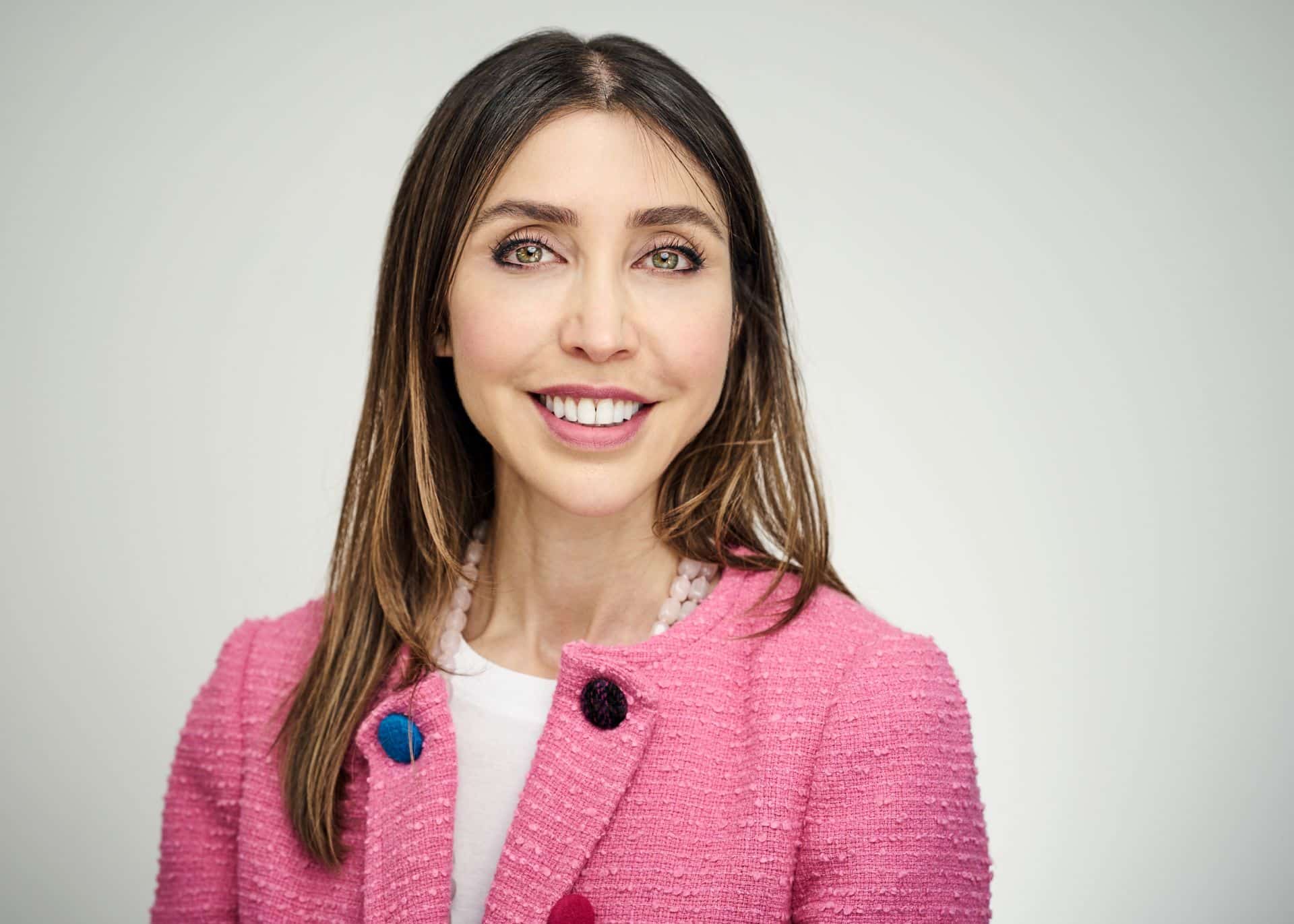Posted on: 05.12.2023
Leadership Lessons with… Sabrina Gomersall, Founding Director of POP Health Communications
Discover the story behind POP Health Communications where partnerships fuel its journey, why the intersection of human interaction and AI is the future of healthcare, and the changes determining the trajectory of the industry right now. Our recent conversation with Sabrina Gomersall, Founding Director of POP Health Communications, delves into her inspiring journey within the sector and how she keeps the workplace fun.
Take a look.

What’s the story behind your brand? How did it become what it is today?
I’ve always been a people person, and latch onto what makes people ‘tick’. I like building connections with clients and colleagues that are based on mutual trust.
POP stands for the ‘Power of Partnerships’. We believe the best work is done when a client and an agency truly click. We do client relationships differently, by taking the time to know both our clients’ business goals and their working styles. Then we build our service around the whole picture and deliver a joint vision together. How we deliver things here is filtered through all levels, and we offer training and a client charter, all to make sure everyone who works at POP can live by our philosophy. It’s also about creativity and approaching client needs in a unique, solution-oriented way. Put all this together and the work pops!
What would you say is the biggest challenge you’ve overcome in your career so far?
Worrying about what people think. PR is all about reputation and it’s a small industry, so building that reputation and being remembered for the right reasons is so important.
I’ve learned that if you can believe in what you’re doing, rationalise and justify your actions, then it makes sense to continue with your work. Someone will always disagree, but similarly, someone will always appreciate what you deliver. Overcoming the former will mean achieving the latter.
How has your leadership approach adapted to the economic uncertainties brought about by recent global events?
Being an authentic and open leader is the most important thing and taking people on the journey with you. Crises will always happen, but however big or small, if you’re honest about the situation and ensuring inclusivity in how you deliver that message, you’ll build meaningful connections.
I strongly believe in fostering a team-oriented approach. In the evolving landscape of companies, I’ve noticed a shift towards prioritising flexibility and work-life balance, which is also integral to POP’s ethos. However, what has truly anchored me in the healthcare industry for over two decades is our commitment to finding enjoyment in our work. At POP, we prioritise infusing joy into our tasks, aiming to rejuvenate the workplace. Our people-centric model not only fosters meaningful client-team relationships but also revitalises the essence of work.
What trends do you notice in healthcare comms that you think we’ll see more of in the next 12 months?
The cross-section between AI and human interaction in healthcare is an interesting one. It’s inescapable – everywhere you turn you see a message that AI is “good” or AI is “bad”, or “we need to live in harmony”. But at face value, that intersection is particularly compelling. While AI might step in to fulfil certain roles of a doctor in healthcare, the intrinsic desire for human interaction from patients remains unchanged. Striking a balance where AI doesn’t substitute, but rather amplifies, human capabilities is where I believe the future should lie.
For POP, AI will likely act as an extension of the team and a means to accelerate work, but it won’t replace the work or talent – it’ll simply elevate it.
20-something years ago, we were having the same conversation about the internet, and people were grappling with how it worked, how to use it, and what resources could be trusted. AI is like the internet on steroids. I believe it will ultimately be a force for good, we simply need to learn how to use it in the best way.
What changes are you seeing within the industry right now, and how are you planning for them?
One is budget cuts, and clients needing to be more frugal. There are potentially a few different reasons for that, not least because more F2F meetings are happening again, and budget is likely going back into travel and congress activities. So that’s translating to the need to be more pragmatic and creative with our solutions; finding a way to deliver the same or greater impact within a tighter budget.
Another significant shift revolves around social media. Its pervasive use in communication continues to surge, while the ever-evolving nature of these platforms and how companies harness them persistently changes. Remaining socially-savvy, keeping abreast of these advancements, and discerning the optimal ways to integrate them into our clients’ requirements are inherent aspects of our work.
More specifically to healthcare communications, I have observed a notable trend towards more provocative disease awareness campaigns. While these campaigns excel at drawing attention, it’s imperative to scrutinise their impact. Capturing attention doesn’t always align with targeting the right audience or influencing desired outcomes. At POP Health, we leverage our people-centric approach to delve into the psyche of our target audience, ensuring that our creative campaigns deliver a meaningful and purposeful impact.
What’s one piece of advice you’d give business leaders coming up in healthcare comms now?
Have a vision, and make sure you are always striving to move closer towards achieving it. It’s easy to get bogged down by the status quo and daily stresses, but nurturing the belief that every step, regardless of its size, propels you closer to your overarching vision is crucial.
Be prepared to be flexible and nimble and adapt to client changes. The environment we work in is very quickly changing, and you need to be able to pivot quickly and take your teams on that journey with you. Change should be expected and embraced.


























 Career Enquiry
Career Enquiry
